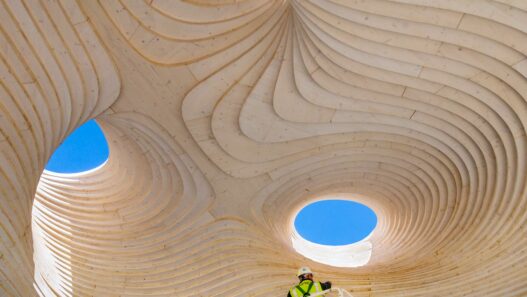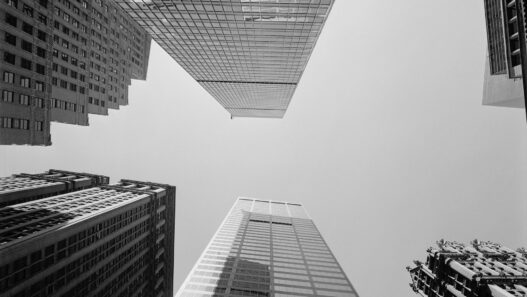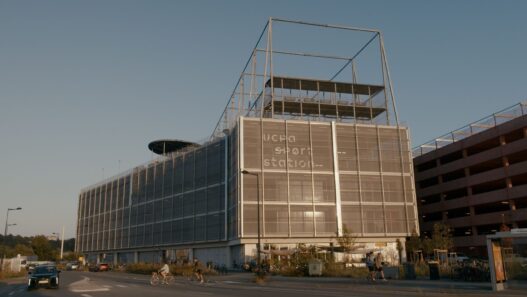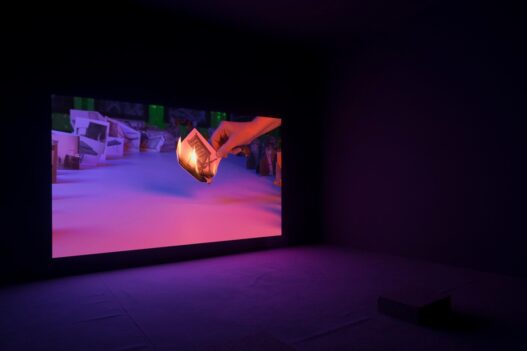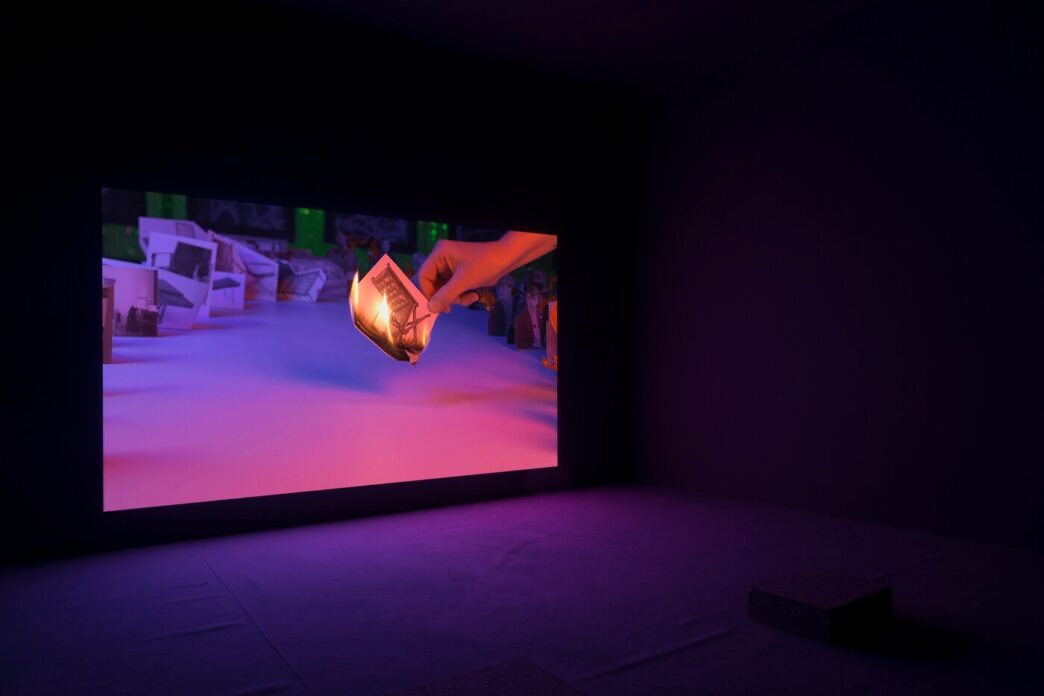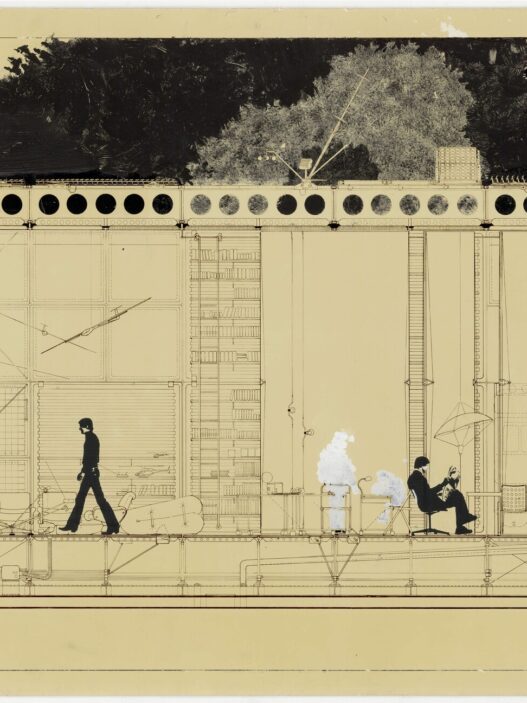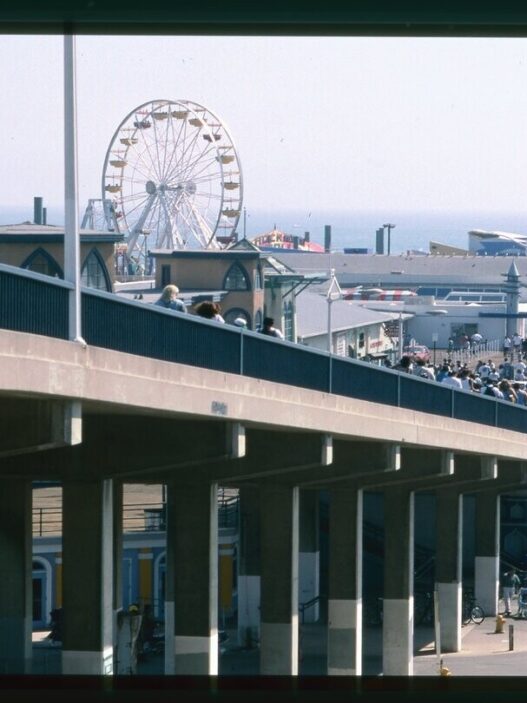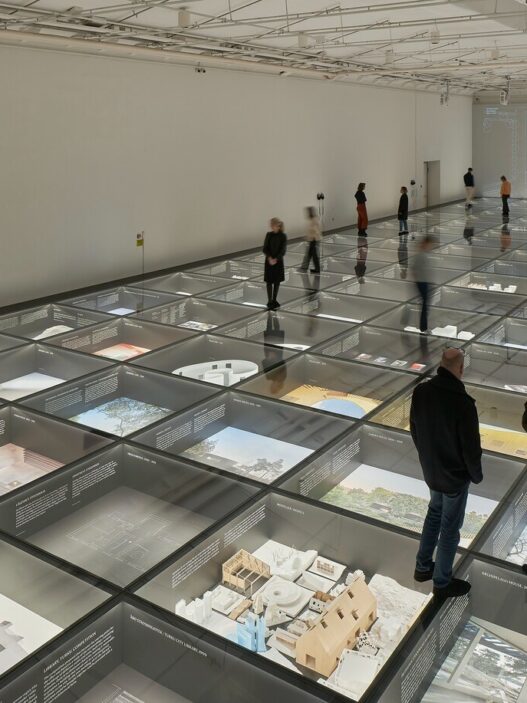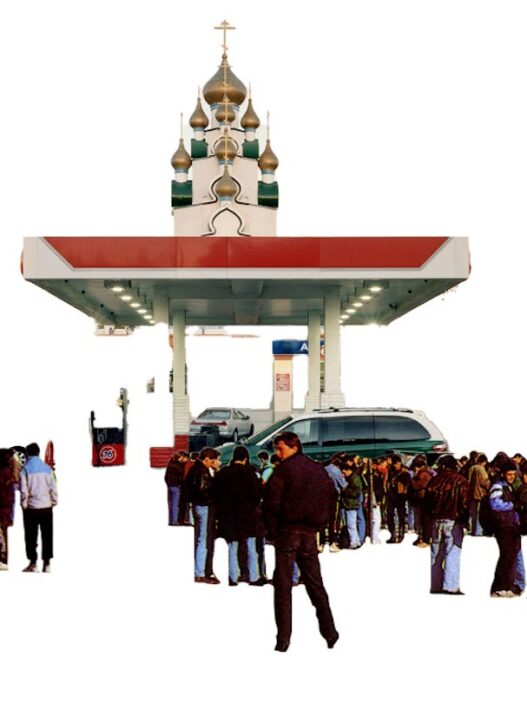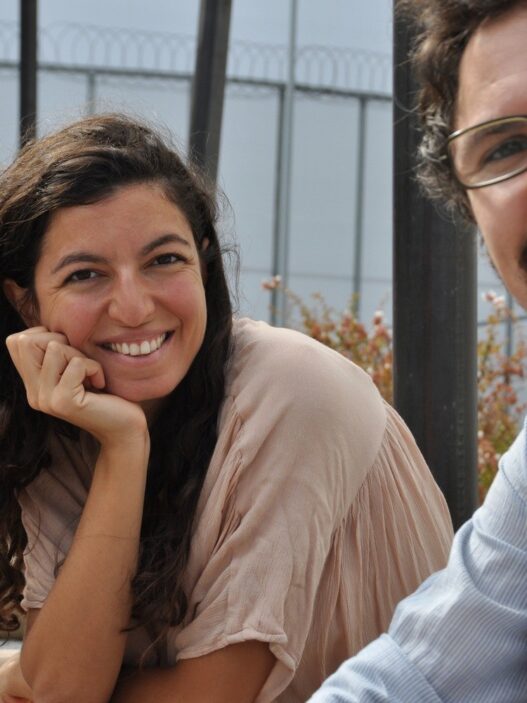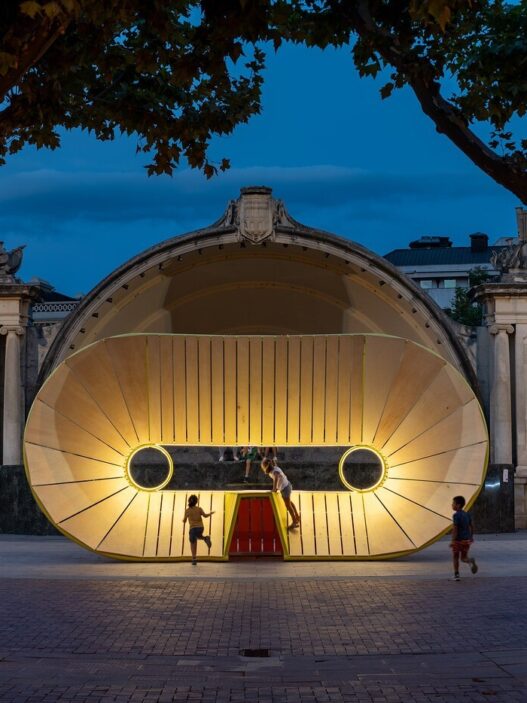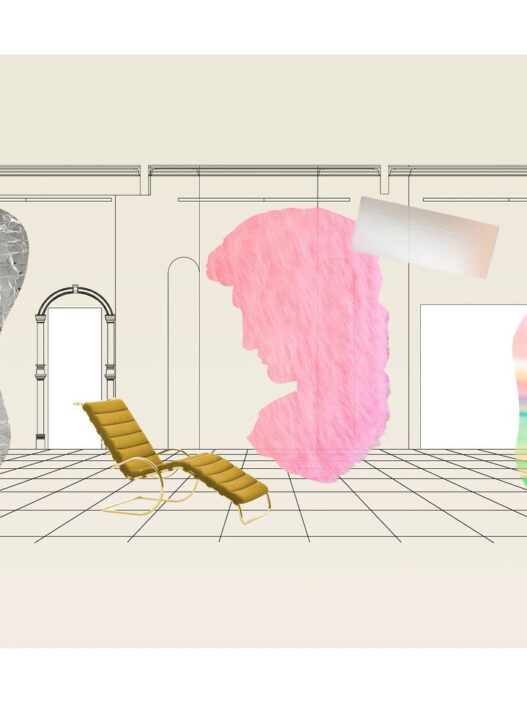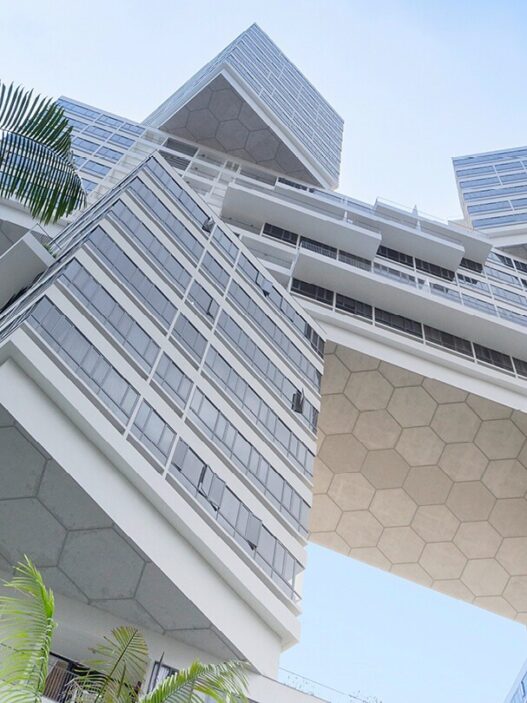October 13–December 11, 2022
Domestic Optimism by Emma Wolf-Haugh discusses architecture from the 20th century. With regard to the shifting standards within the social, cultural, and economic evolution(s) of post-colonial western society, it specifically addresses its historical narrative and ongoing influence. Wolf-Haugh is intrigued by the moral issues that accompanied such change, particularly those arising from the pride with which modernism created its own version of history.
Eileen Gray
This project more closely resembles a collection of works and continuing research than it does an installation. Domestic Optimism as a whole centers on the life and work of self-taught Irish-born modernist architect Eileen Gray (1878–1966), whose creations are currently enjoying increased recognition but whose queerness—in both life and her designs—was never fully acknowledged or appreciated.
Through thorough research, constellational storytelling, and a healthy dose of irony, Emma Wolf-Haugh challenges the decisions that are made in leaving such parts out of a legacy and presents an alternate narrative in this work. The remarkable enthralling film Domestic Optimism, Act One: Modernism—A Lesbian Love Story, activist zines, large-scale vinyl prints, textile screens, and sculptures all come together to present an alternative to the patriarchal narrative that has resonated so strongly since modernism’s self-proclaimed inception. By doing so, they make difficult but fascinating revelations regarding the time’s identity politics, universality, fascism, individualism, and collectivism as well as the descendants of today.
Location
De Appel’s brutal late modernist structure in Nieuw-West is a particularly suitable location for such a project because its shifting functions—its architectural design, historical function as a school, present function as an anti-squat cultural hub, and future function as the beacon of a new city center—make the precarity associated with such processes starkly visible. Making explicit how private values are decided upon and frequently used in relation to architecture and city planning, both historically and currently, as well as the actual physical (re)development of urban reality.
Masculine hysteria
Using Gray’s work in particular as a starting point, Wolf-Haugh suggests a decolonial, queer, and working class reading of architecture, furniture, and modernist aesthetics. Wolf-Haugh emphasizes the significance of solidarity, friendship, and the transformative potential of collective work in the development of new forms of social and spatial cohesion by employing methods that repeatedly question the normativity of the masculine modernist canon and the experimental forms connected to modernism. Domestic Optimism depicts colonial aesthetics, judicial procedures because of obscenity, macho panic, sexology, the manufacture and cover-up of the lesbian in modernity, and the failure of post-war social housing programs.
This work was co-produced by The Grazer Kunstverein, curated by Kate Strain and the Project Arts Centre, curated by Lívia Páldi.
De Appel
Schipluidenlaan 12
1062 HE Amsterdam
the Netherlands




